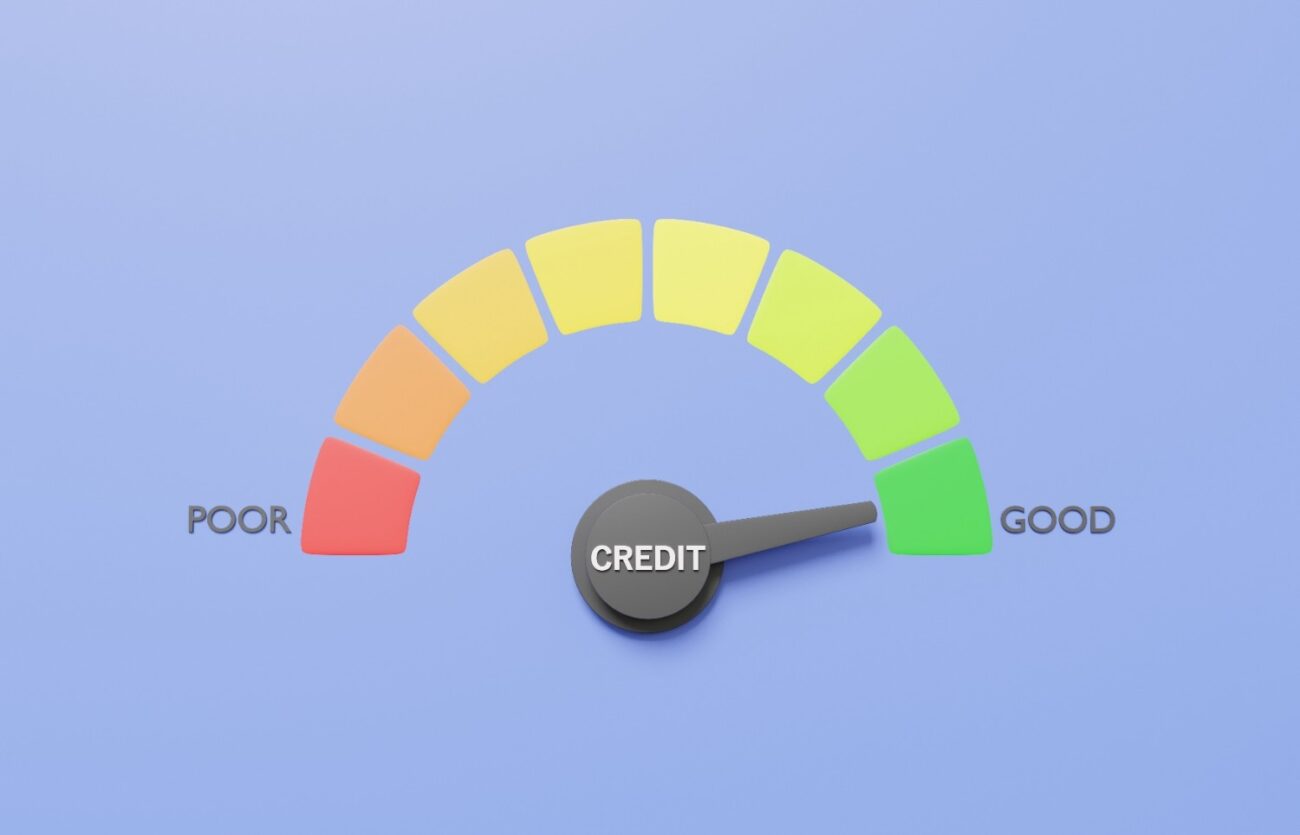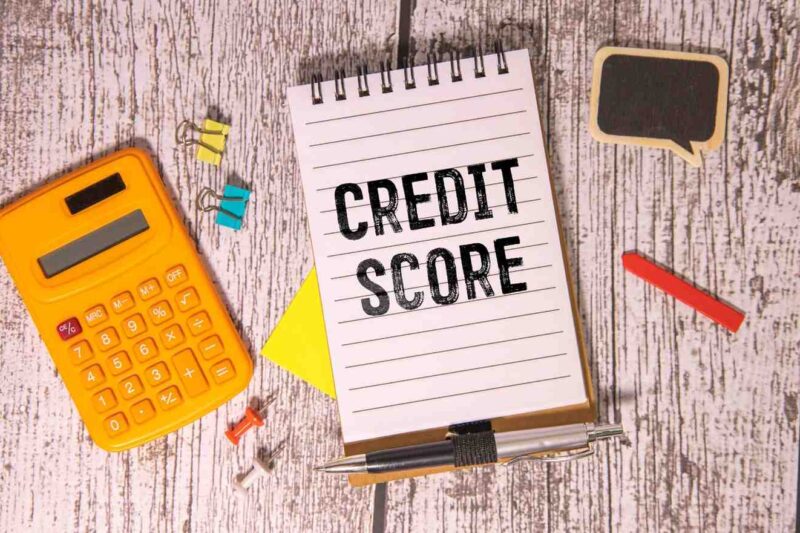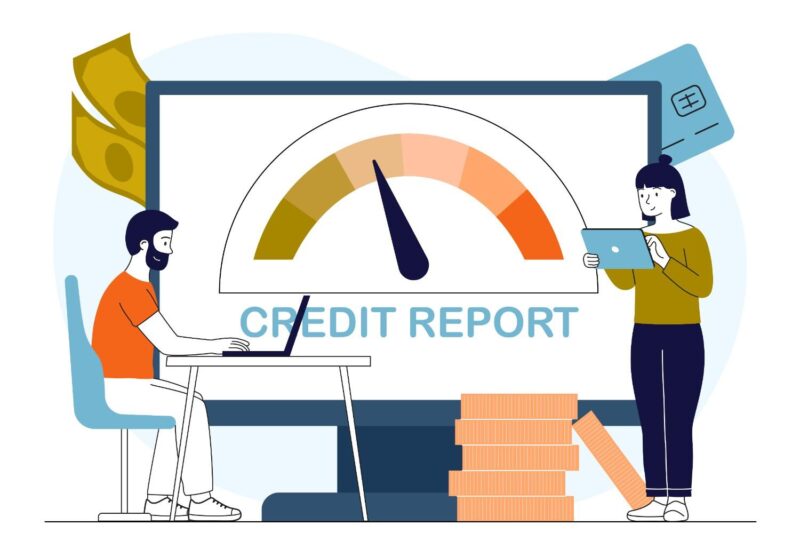A loan default can feel like a major loss. Even though one late payment might not seem like much, it can have a long-lasting effect on your financial standing if it results in a loan default. Rebuilding your credit is definitely possible if you’re having trouble with a low credit score following a default.
It requires time, determination, and some degree of financial self-control. We’ll show you tried and tested techniques in this guide to raise your low credit score and restore your financial self-assurance.
Understanding the Impact of a Loan Default
Lenders inform credit bureaus such as CIBIL, Experian, or Equifax when you miss payments on a loan. According to this report, you did not fulfil your promise to make repayments. Your credit score eventually decreases quite dramatically, sometimes by as much as 100 to 150 points.
It is more difficult to gain future loans or credit cards if you have a low credit score because it indicates to lenders that you are a dangerous borrower. Additionally, you may be subject to more demanding lending conditions or higher interest rates.
The good news is that the damage caused is temporary. You can restore confidence and gradually raise your score with consistent work and responsible credit behaviour.
1. Start By Reviewing Your Credit Report
Understand your current financial situation before beginning the recovery process. To obtain your most recent credit report, go to the websites of the CIBIL or other official credit bureaus.
Check it carefully for errors, such as incorrect loan information, wrong past-due amounts, or unfamiliar accounts. These mistakes have the potential to negatively impact your already low credit score.
File a complaint online if you discover differences. You might notice an instant improvement in your score after it has been fixed. This easy step guarantees that you begin the rebuilding process with the correct information.
2. Clear or Settle Outstanding Debts
Paying off debt is the priority following a loan default. Speak with your lender about your options for repayment or settlement. A large percentage of banks value openness and might provide arrangements for restructuring to enable you to make payments over time.
It is preferable to have an account marked as “settled” rather than “written off” or “unpaid.” Try to pay back the entire amount, though, if you can; this will improve your credit history.
Verify that your lender updates the payment with the credit bureau after it has been cleared. This gradually improves your low credit score and suggests to lenders that you have accepted responsibility.
3. Make Timely Payments Your New Habit
A major part of your credit score is made up of your payment history. Making regular, on-time payments now can have a significant impact, even if you have earlier defaulted. Set up credit card, utility, and EMI auto-debit reminders. In addition to aiding in credit repair following default, paying bills on time or early shows sound financial management.
Your low credit score will gradually and steadily improve over the coming months if you make consistent, on-time payments.
4. Avoid Multiple Loan Applications
You might feel motivated to apply for several loans in the hopes that one will be approved after being rejected or going into default. However, using this strategy can lower your score even more. Every loan application results in a difficult investigation, which lowers your credit score a little. Lenders believe you’re having financial difficulties if you receive multiple enquiries in a short amount of time.
Instead, concentrate on establishing a strong standing first. You will automatically qualify for better offers and lower interest rates once your low credit score improves.
5. Use a Secured Credit Card to Rebuild Trust
For people getting over a loan default, a secured credit card can be a useful tool. Because it is issued towards a fixed deposit, your spending limit is protected by your personal funds, which is safe for the bank and you.
Make careful use of it by paying off the balance in full each month, making modest purchases, and staying within your budget. This eventually shows that you can handle credit in a responsible manner, which speeds up the process of repairing your credit history.
6. Maintain a Low Credit Utilisation Ratio
Another key factor in calculating your credit score is your credit utilisation ratio, or the proportion of available credit that you actually use. Your usage is not supposed to exceed 30% of your entire credit limit. Try to spend no more than ₹30,000 per month, for example, if your card limit is ₹1,00,000.
Maintaining low utilisation shows strong financial control, which, over time, helps improve a low credit score. High utilisation can give the impression that you are dependent on credit.
7. Build a Healthy Mix of Credit
Your credit profile can be improved by having a balanced mix of credit, such as both secured (home or auto loan) and unsecured (credit card or personal loan).
Take out small, manageable borrowings to build up a credit history after your finances have been stabilised. Just make sure you can comfortably manage the repayments. This approach demonstrates to lenders that you are capable of handling multiple debts sensibly, which will help you on your path to CIBIL improvement.
8. Be Patient and Stay Consistent
It takes time to raise a low credit score. Positive results usually start to appear after six to twelve months of consistent effort, as credit bureaus take time to record the changes. Stay clear of financial dangers during this period, such as late payments or needless credit applications. Instead, concentrate on staying disciplined, making sensible financial decisions, and gradually gaining the trust of lenders.
Being consistent is important; every timely payment and wise financial decision matters.
Conclusion
With the correct attitude and consistent work, you can overcome the almost impossible task of recovering from a loan default. Check your credit report first, then pay off your debts and make sure you make your payments on time. To show responsible behaviour, use resources like secured credit cards and keep your credit utilisation ratio low.
Your low credit score will rise again with time and money management, which will lead to more opportunities, simpler loan approvals, and more peace of mind.
Rebuilding credit is about progress, not perfection. You get closer to financial freedom with each step you take.




